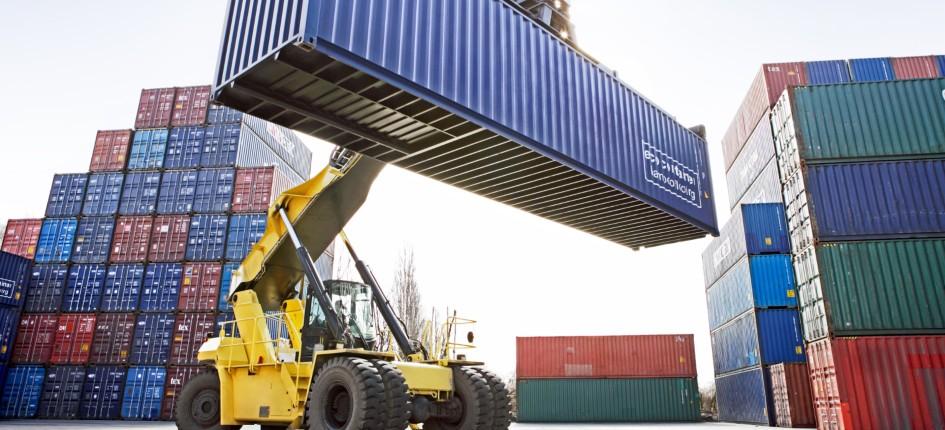For very small or start-up businesses, the simplest way to handle this charge could be to let customers pay it directly. So you could sell a product for €50 to a consumer in Germany and, on arrival, Deutsche Post would charge VAT at 19%, plus in most cases a small fee, to your customer before releasing the goods to them.
Keep the customer experience in mind
Of course, this isn’t a great experience for the recipient, who might not be expecting to make another payment, and it can cause delays. So in most cases companies exporting to consumers, and particularly those operating e-commerce, will use a Delivery Duty Paid (DDP) system.
DDP versus DAP: the terminology explained
DDP involves adding the VAT at the point of sale - so for the example of our €50 product shipped from Switzerland to Germany, we would charge €59.50 - and paying the import VAT to the destination country during the process of shipping the merchandise. As the import VAT has been paid, the goods can be delivered to the customer with no additional fees or inconvenience.
This payment of VAT to the destination country’s authorities can be handled by the merchant directly, but in many cases it is easier to partner with a logistics company that can take care of it and then send you a monthly invoice.
VAT registration – what to consider?
There is also the matter of VAT registration to consider. A Swiss VAT registration, being non-EU, is not sufficient for this kind of DDP service, so the exporting company will need to register for VAT in an EU member country. Some logistics providers that offer DDP will specify the company in which users should be registered - if using Swiss Post, for example, you should be VAT registered in Germany. Once registered for VAT in one EU member there is generally no requirement to register for VAT in others, even if you have customers there.
Warehousing
For businesses selling in higher volumes, other options become available. Companies could consider moving stock into a neighbouring EU member country, paying the import VAT at that point, and then having a warehousing partner in that country store it and manage shipments to customers in the EU. This method, known as consignment stock, is discussed further on the S-GE website here. Like Delivery Duty Paid, using consignment stock requires VAT registration in the EU; in this case registration must be where the goods are held.
Another option for the sale of some physical goods in high volume is call-off stock - where goods can be stored within the EU in a bonded warehouse, and VAT is paid only as they are removed from that warehouse to the client.
Finally it’s worth noting at this point that, for now, some very low value goods - under €22 in small parcels - are currently exempt from EU import VAT, but this exemption is due to be stopped on 1st January 2021. Although it’s possible that the implementation of the new rules may yet be delayed, these have wider implications for those selling into the EU and they are discussed in detail here.
KEY POINTS
- When exporting goods to an EU member, import VAT is due at that nation’s rate
- In most cases, VAT should be charged on sale, and an EU VAT registration is needed
- EU reforms due to take effect in January 2021 will change some VAT rules
About the author
Alan Rhode is the co-founder of TaxMen (www.taxmen.eu), a one-stop-shop legal and taxation consultancy for ecommerce vendors in Europe, offering advice and solutions with regard to VAT, customs and duty and environmental regulations on a flat-fee basis. He also advises Ecommerce Europe on matters relating to EU taxation, and is the co-founder of online wine vendor Libiamo.


